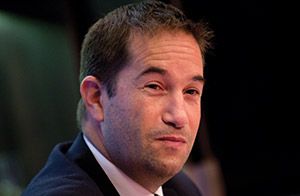Leading the high-profile moves this week, Paul Weiss hired Akin restructuring partner Liz Osborne in London for its much-anticipated European practice launch.
Leaving Akin after almost a decade at the US firm, Osborne will join Paul Weiss as the head of European restructuring.
















